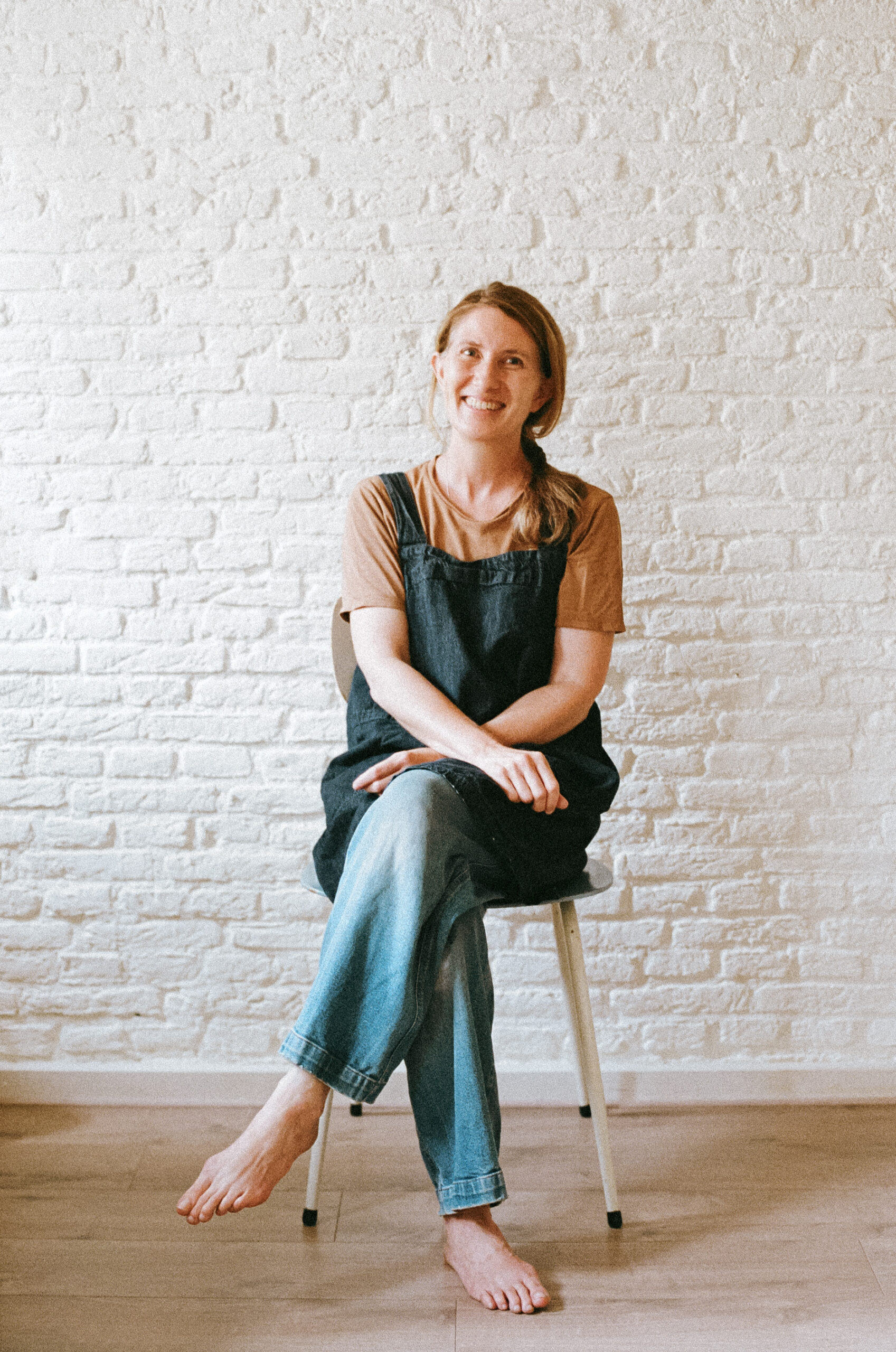My favourite Montessori and parenting books
My favourite Montessori books
Don’t forget, you can now order my books The Montessori Toddler (1 – 3 years), The Montessori Baby (0 – 1 year), and The Montessori Child (for 3-12 year olds + a chapter on adolescence)! A parent’s comprehensive guide to raising your toddler in a Montessori way. Easy to read for busy parents but covers every question you’ve ever had.
How to Raise an Amazing Child: The Montessori Way, by Tim Seldin
A great introduction for parents how to apply Montessori principles in the home. Easy to read and digest, with photographs to further explain the concepts. Very accessible and very practical.
Montessori Madness, by Trevor Eissler
Written by a Montessori parent, this book gives an accessible overview of the fundamentals of the Montessori approach. Highly recommended.
Understanding the Human Being, by Sylvana Montenaro
This book begins to give parents an insight into the world from their child’s point of view. It gives detailed advice to parents for babies from 0 to 3 years including setting up the home environment, breastfeeding and weaning, and the role of the father.
Montessori from the Start, by Paula Polk Lillard and Lynn Lillard Jessen
For those wanting detailed information on all aspects of the Montessori approach for the youngest children, this book is worth a read. The book discusses the theory and the practice, with many examples given.
Maria Montessori: Her Life and Work, by EM Standing
This book gives details into Dr Montessori’s life and how she came to be a renowned educator. Her pedagogical approach is explained clearly and with a lot of information, for the passionate learner.
The Absorbent Mind, by Dr Maria Montessori
If you would like to tackle one of Dr Montessori’s own books,The Absorbent Mind is a good place to start. I enjoy reading her books, but they are not light-reading!
My favourite parenting books
How to Talk So Kids Will Listen and Listen So Kids Will Talk, by Faber & Mazlich
This is the book I recommend most to parents. It made such a difference to how I communicate with my own children and in my work with babies, toddlers and pre-schoolers.
The core of the book is that you do not need to use rewards and punishment to get your children to behave in an acceptable way. And this book gives practical examples of what to do and say instead to back up the book’s theory.
I love this book so much, I run parent workshops based on this book as well.
Siblings without Rivalry, by Faber & Mazlich
Another book from Faber & Mazlich. They bring wisdom to an age-old problem – siblings fighting. It gives great strategies on how to guide children to solve their own problems.
Positive Discipline: The First Three Years, by Dr Jane Nelsen
A book full of practical tips how to handle feeding, sleeping and tantrums without using time out. Specialised tips for children under 3 years. Great to read in combination with “How to Talk So Kids Will Listen and Listen So Kids Will Talk”.
Thriving, by Michael Grose
This book takes a look at the big picture of parenting – how to instil values into your children, how to live as a family, and how to make your children resilient. I found this to be a really valuable book that puts it all into perspective. I like this author a lot and recommend his other books too, for example, “One Step Ahead”, his blog, and his “Happy Kids” e-newsletter.
The Creative Family, by Amanda Soule
I love the way Amanda Soule writes and the pictures in the book are beautiful and inspiring. Amanda presents a way to create with children that is accessible and fun. Lots of nice projects and ideas to do with your children. And I really enjoyed the chapter on creating rituals with your family too.
In Praise of Slow, by Carl Honore
This is an easy book to read with nice big type – great for tired parents! It is not a scientific review of the slow movement but a personal account from the author as he explores the art of slow with regard to children, food, sex etc. I really like his chapter on children and his conclusion. Very well balanced and a good reminder to us all to slow down and enjoy.
Toxic Childhood: How The Modern World Is Damaging Our Children And What We Can Do About It, by Sue Palmer
Sounds like a depressing topic and, to be honest, finding out what could be potentially damaging to our children can be quite scary. However, what I really like about this book is the realistic practical suggestions at the end of each chapter telling you what you can do about it given the facts. Worth reading.

Simone Davies has more than 20 years’ experience as an AMI Montessori educator. Simone is the author of “The Montessori Toddler” and co-author of “The Montessori Baby” and “The Montessori Child” books, comprehensive guides to raising children in a Montessori way. She currently runs parent-child Montessori classes in Amsterdam at her school Jacaranda Tree Montessori. She also has a popular blog, instagram and podcast “The Montessori Notebook” and is mother to two young adults.